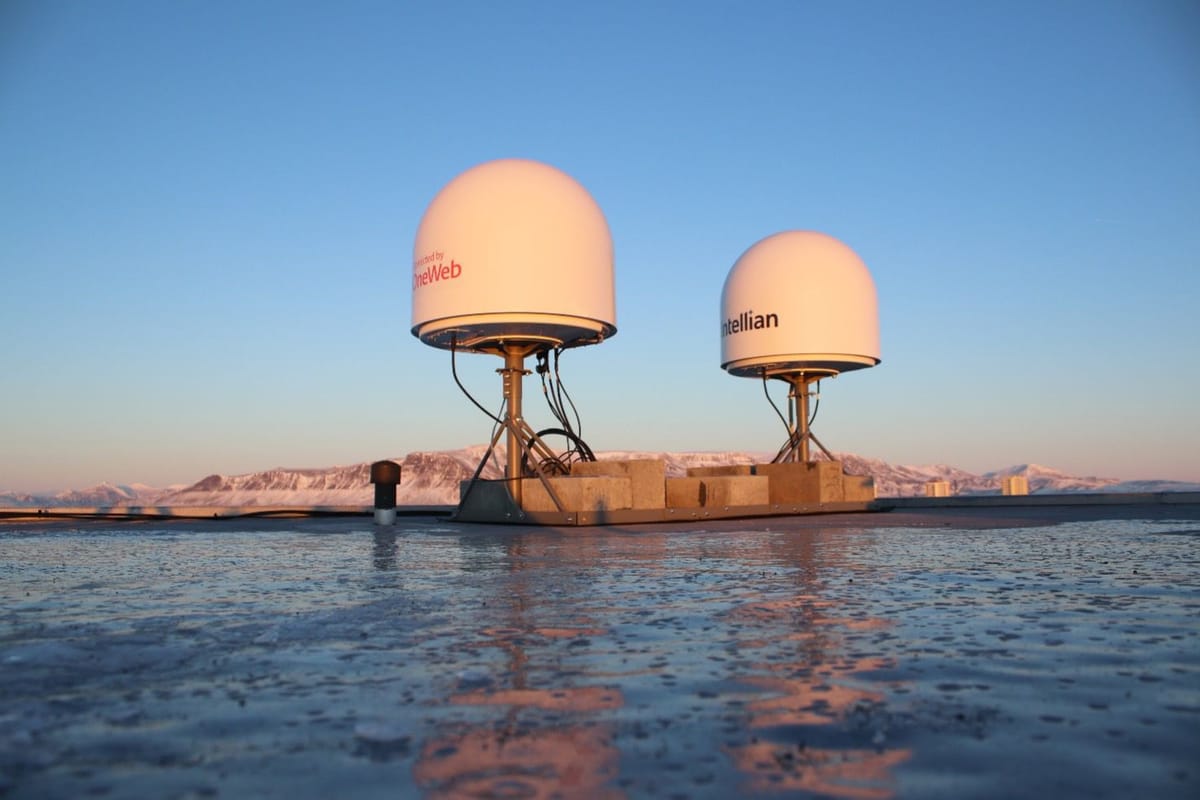Eutelsat's OneWeb beats Starlink to internet-starved Libya
Libya is well acquainted with sporadic Internet access and censorship, in addition to having one of the slowest connectivity speeds in the world.

OneWeb, Eutelsat’s rival to Elon Musk’s high-speed satellite internet service, Starlink, has made inroads into Libya, a country in northern Africa.
The French company announced it has signed a partnership with Rawafed Libya for Telecommunications & Technology (RLTT), intending to distribute its low-latency connectivity across the nation.
It’s a multimillion-dollar, multi-year agreement that sees Eutelsat strengthen its ties with RLTT and provide the mobile operator with exclusive access to OneWeb’s satellite constellation. According to the communique, the connectivity will be switched on in early 2024.
The oil/gas, telecoms, and financial sectors, as well as government and humanitarian organizations, are on the access priority list. Unarguably, it would subsequently expand coverage to fulfill its nationwide ambitions.
In 2013, Rawafed Libya partnered with Eutelsat for capacity on the KA-SAT satellite to support IP trunking services to its wireless broadband network.
The first trace of Space X’s Starlink in Libya was sighted in the night skies last year when its satellite trail took flight westward of the jurisdiction. But, like South Africa, it remains one of the key African markets the service is yet to officially launch. It has done so in Nigeria, Kenya, Rwanda, Mozambique and a handful of others.
In SA, the continent’s biggest IT market, OneWeb is gearing up to beat Starlink to an official roll-out. It has been conducting local trials since 2021 and looks to go live amid Starlink’s cold war with Icasa, the country's telecoms regulator.
OneWeb’s entry into Libya comes at a critical time in the market’s digital history. Besides having one of the slowest connectivity speeds, the country is all too familiar with sporadic access and internet censorship.
About half of the 6.8 million populace use the internet. As of January 2023, Libya had 3.14 million active internet users, with the penetration rate standing at 45.9 percent.
Yet, the fastest internet in the country offers speeds of just 8.64 MB/s for downloads and 6.25 MB/s for uploads s. On Ookla’s Speedtest, it ranks 161st out of 179 countries. The global average upload and download speeds are 60 MB/s and 25 MB/s, respectively. In the United States, the median is 135 MB/s down and 20 MB/s up.
Libya’s internet resilience is one of the lowest in Africa, with an overall score of 33 percent and 29th position. This is due to its particularly poor network infrastructure and performance. It has the most sluggish connection in North Africa, the region with the world's slowest internet.
What’s worse, since the era of the notorious dictator Moammar Gadhafi, the country has been experiencing internet shutdowns, as the government leveraged shutdowns to quell public opinion, especially during polls and protests.
Even several years after Gadhafi’s fall, intermittent internet blackouts remain common. Since the Arab Spring of 2011, conflicts over power control have continued to rock Libya, resulting in a civil war that has destabilized many industries, especially telecoms.
Satellite internet technology would help bypass conventional infrastructure drawbacks and provide connectivity to even the remotest areas. Thanks to its ubiquity, OneWeb can help RLTT broadcast the internet directly to Libyan users without third-party network providers.






